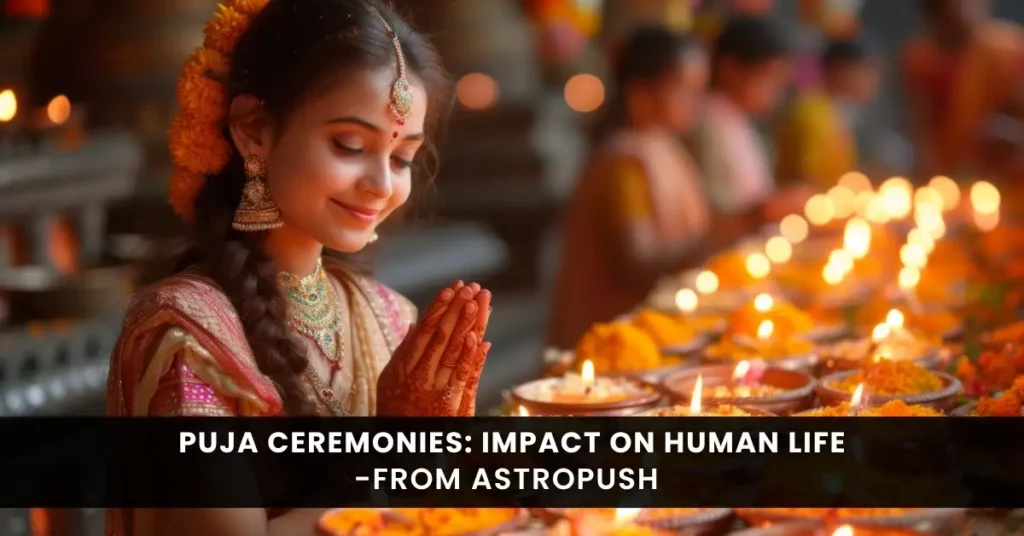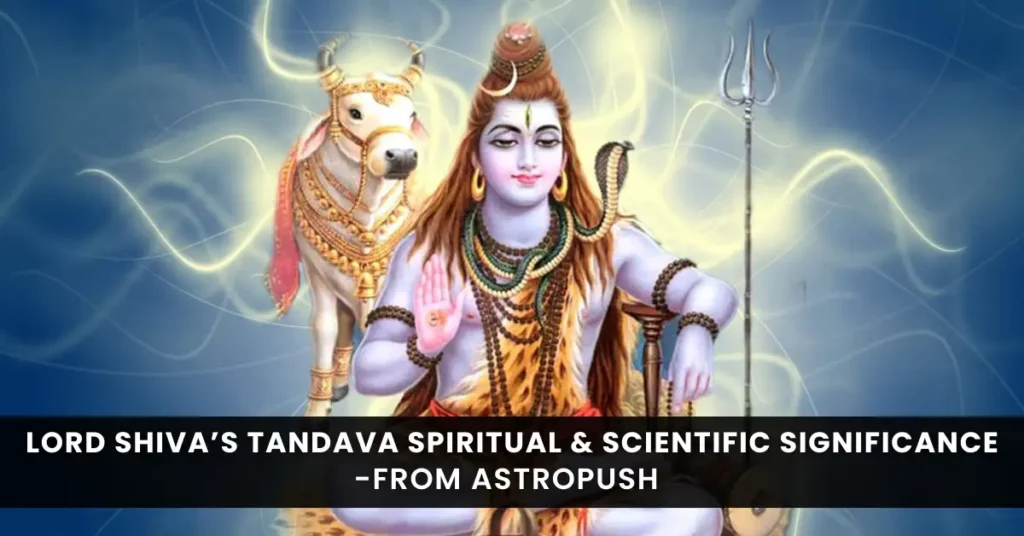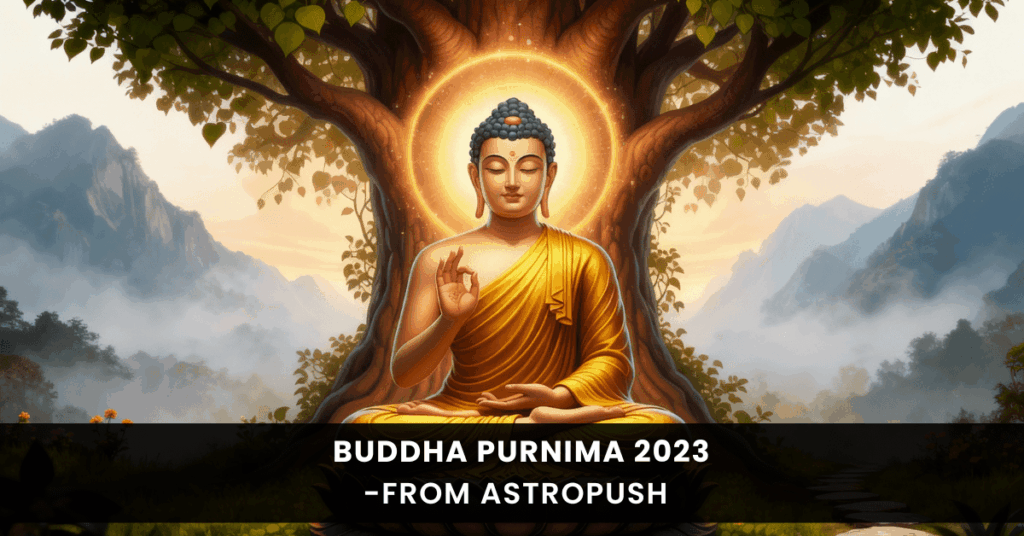India is alive with rituals and religious traditions, many of which date back thousands of years to Vedic times. Mantras, chants, Puja Ceremonies, and rituals for almost any purpose can be found in the Vedas themselves. Hinduism is more than just a religion in India. It is a way of life. Rituals and human life are interconnected. Rituals are used in Hinduism to instill feelings of devotion and religiosity in people. In Hindu Culture, rituals are observed not only throughout life but are performed also after death, including burial and cremation practices. Hindu beliefs have been molded and impacted by the Vedas, the world’s oldest spiritual literature. The Vedas are a collection of poems and rites dating back thousands of years. Oral narration passed down these treasured writings through the decades.
Previously, many Hindu festivals emphasize the significance of fulfilling activities / Puja Ceremony related to one’s life stage:
- Brahmacharya – Getting an education and improving one’s character
- Grihastha – Worldly pleasures and pursuits such as marriage and career
- Vanaprastha – Spirituality
- Sannyasa – The contemplative life
What is the Significance of Hindu Rituals?
When doing rituals, Hindus place a premium on getting the Almighty’s blessings. They think that God bestows his blessings on them when he is delighted with their devotion. The majority of Hindu rituals, such as Puja Ceremonies and yagya, are performed in sacred places such as temples or in nature, although others are also performed at home in the mandir.
Every day, a devoted Hindu is expected to execute various rituals as part of his or her household responsibilities. Morning rituals include bathing or physical self-purification, worshipping the Sun God, and repeating the Gayatri mantra. Puja Ceremonies, meditation, silent prayers, yoga, recitation of scriptures from the Book of Bhagavad Gita or bhajans, participation in Satsang (prayer meetings), charitable work, reading religious books, visiting a temple, and chanting the name of their beloved God are the most common rituals practiced in all Hindu households.
Also Read – Types Of Vastu And Their Purpose
What is the significance of Puja Ceremonies?
In the following paragraph, we will discuss about the Significance of Puja Ceremonies. Prayers, or Pooja, are a significant aspect of the life of a Hindu devotee. Hindu priests or Brahmins assist or supervise these prayers. A sacred offering (or Prasad) is made to God after each pooja. Such contributions are done without expecting anything in return as a gesture of service to their Almighty. Hindus believe that engaging in these practices fosters spiritual growth. These religious rites are an important part of Indian life and are conducted before beginning any new endeavour.
Puja Ceremonies are held at a variety of times and locales, lasting anywhere from 5 minutes to an hour. The Puja usually consists of simple offerings such as fruit and flowers and is designed to express gratitude or confirm your connection with a higher reality. It can be a simple daily ritual performed at home or at work, or it can be a bigger temple ceremony honoring annual festivals or life milestones such as a birth, a wedding, or before starting a new business. Pujas are also routinely performed prior to gaining spiritual education, such as learning to meditate, these are some of the Impacts of Puja ceremonies.
What you can do?
While traditional ceremonies include specific prayers and chants, you can also build your own Puja Ceremonies to invigorate your archetypal energy. It can be as easy as standing in front of a statue of a deity or a great teacher, offering a piece of fruit or flowers, lighting an incense stick, and bringing our palms together to pray.
Puja Ceremony – Take two little candles, such as tea lights, and light them during a time of transition in your life. Make a mark on one so you can tell them apart. Hold one candle in your cupped hands and intend to release everything that no longer serves you into it. Now, grab the other candle and pour all the beautiful things you wish to manifest in your life into it. Light the first candle (put it somewhere safe) before going to bed that evening so that whatever you want to relinquish is burned away over the night. Light the second candle first thing in the morning so that all the good things might begin to pour into your life as you begin your day.
For more information regarding the Effects of Puja Ceremonies and rituals on mental health & human psychology connect with us. Download AstroPush App Today.



